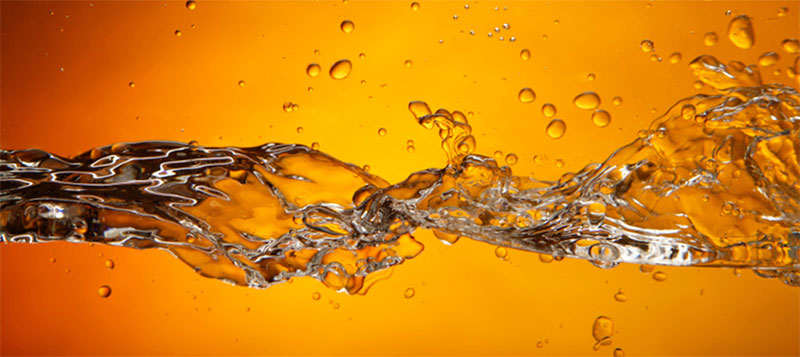There’s plenty of smoke and mirrors for owners around the subject of diesel fitted with DPF. An exhaust filter that is installed on the majority of modern diesel cars is called a DPF.
It’s used to remove harmful gases such as hydrocarbons and lubricants from fuels and lubricants as well as water or sulfates, which attach to soot and create harmful particles in diesel exhaust fumes.
These harmful gases may be the result of a variety of contributing factors, including improper or inadequate servicing, low-quality fuel, and bad driving habits that lead to poor combustion.
The DPF filter is designed to capture these particles and then be cleaned, or regenerated by high-temperature burning. It’s when the regeneration process doesn’t occur and the filter gets clogged, that problems can arise.
Diesel particulate filter has been portrayed as a sophisticated and costly component that needs to be replaced, but I have found it to be not true. If monitored, diagnosed, and maintained properly, replacements are not necessary.
When a DPF fault becomes present in the computer of the engine If a DPF fault is detected, it DOES not necessarily mean that it means that the DPF has been blocked.
What are the signs of obstruction of DPF?
Symptoms you may experience when a DPF is becoming blocked and/or requires servicing (not necessarily ready for the scrap pile) could be any of the following:
- Surging/poor performance.
- Excessive fuel consumption.
- Excessive Smoke – White, Blue ,and black
- Displayed engine and/or DPF emission light.
- Difficulty starting the engine
- The engine is running rough.
- Regeneration attempts have not been successful.
What are the definitions of regeneration?
The vehicle’s computer-embedded algorithms perform periodic renewals (burns). This process increases the exhaust temperature and ‘burns out’ the particles and soot in the filter. If a component fails to function properly It could cause an increase in the number of regenerations or even cease entirely until the issue is fixed. The exhaust will then emit excessive black smoke, as the result of regeneration. It’s harmless. It’s a sign of something wrong when smoke blows constantly.
How do I prevent DPF failure/blockage be prevented?
- Make sure that your mechanic is aware of how to work with diesel.
- Beware of missing services and using incorrect oil.
- Be careful not to drive if you are experiencing an issue with your vehicle (dash alert lights).
- Avoid diesel with poor quality fuel.
- Modify your car with the care I have to deal with DPF driving habits – reduce idle time and increase the rpm when under load (dropping down a gear), particularly in traffic that is crawling.
- Talk to your mechanic about any modifications to your car like more raucous whistles, hissing sounds, or a jerking sensation while driving.
- Your DPF may not be able to regenerate due to unusual driving behavior. Use ‘on vehicle intake/induction cleans’ only if are a mechanic. They could cause serious damage to DPF’s as well as other parts.
- DPF problems aren’t always caused by component failures.
- Maintained DPFs can cover more than 200,000 miles before they are taken away for replacement or cleaning.

What is the cost to clean or replace a DPF?
A warning to start: DPF work MUST be carried out by an experienced, qualified mechanic using the right equipment to repair and reset the DPF. After the fault can be confirmed, the DPF must be taken off.
The best DPF cleaning firms should have a minimum of five years of cleaning success. They also can determine whether the DPF may be damaged inside.
A mechanic can examine the DPF on the vehicle to determine if it’s blocked. They are unable to confirm whether or not the DPF has collapsed or melted internally, causing the blockage.
A car for a passenger costs about $600 in clean costs. DPF-equipped vehicles can be found in a range of models. Manufacturers alter their designs often, so it can be difficult to determine which DPF is installed on a specific vehicle. Due to the DPF being considered to be the most controlled emission component on motor vehicles, they do not reveal who the DPF manufacturer is.

